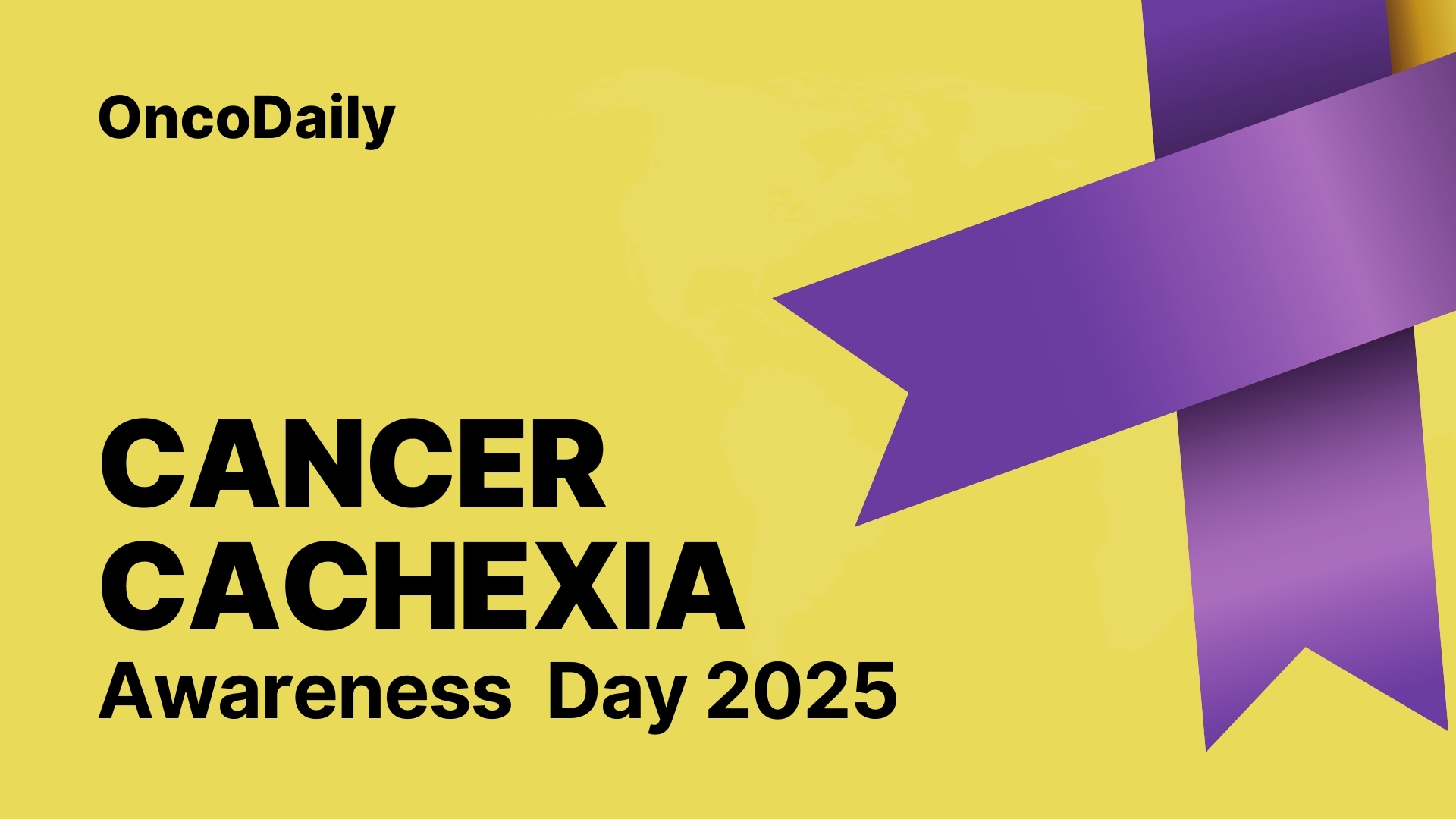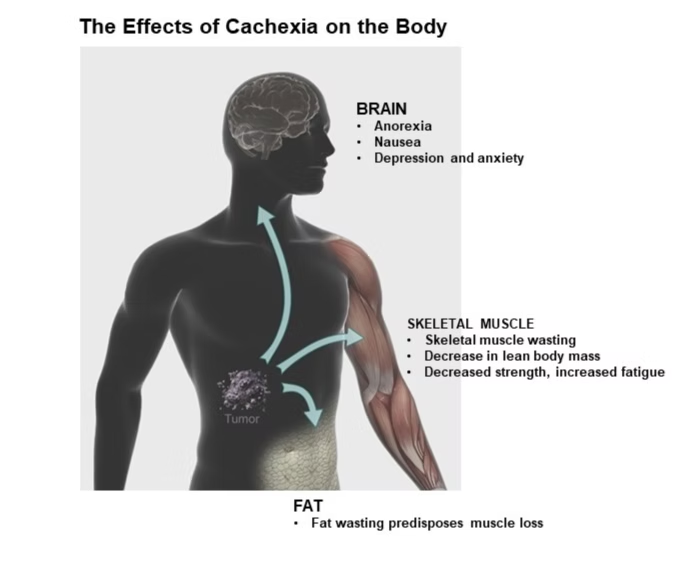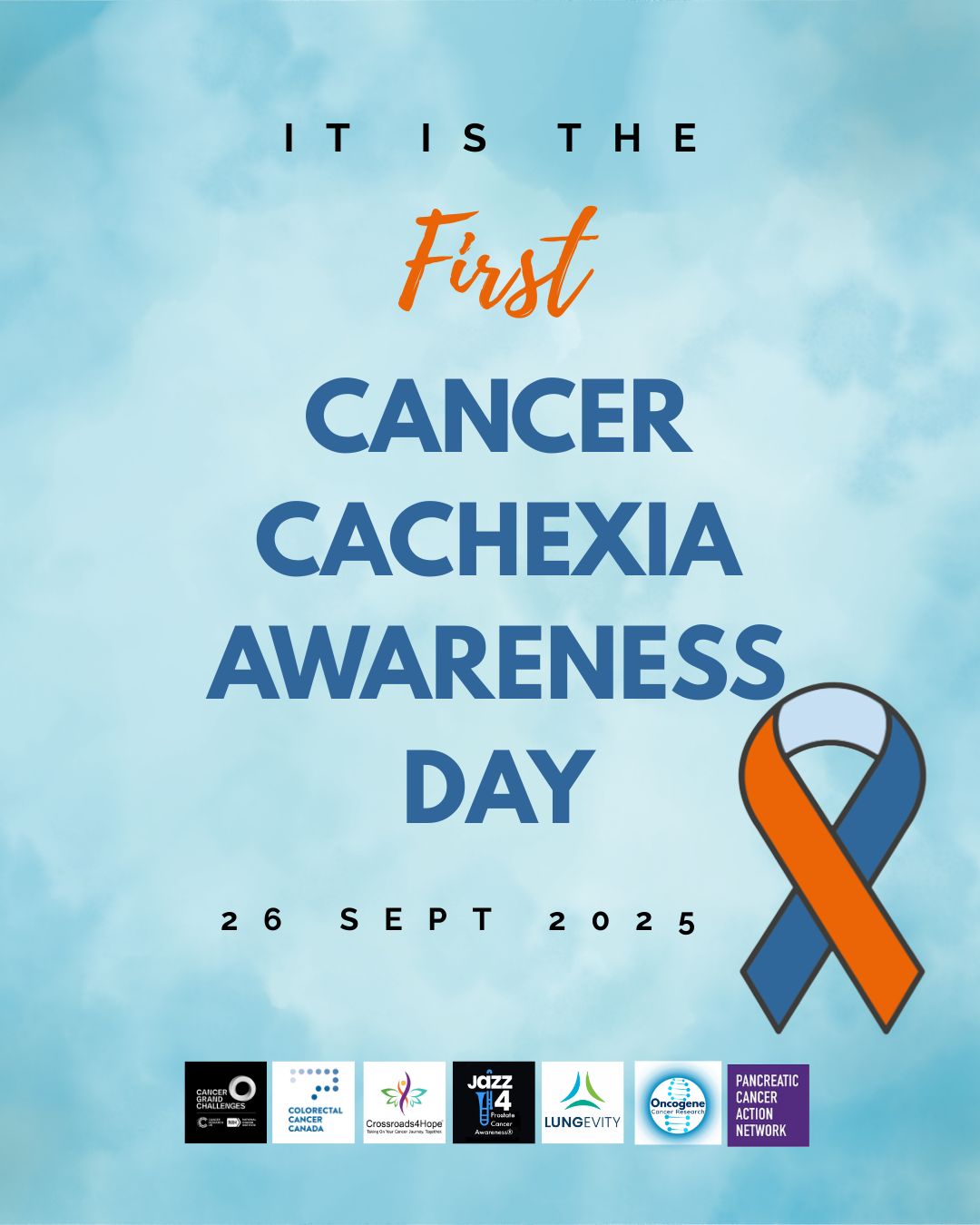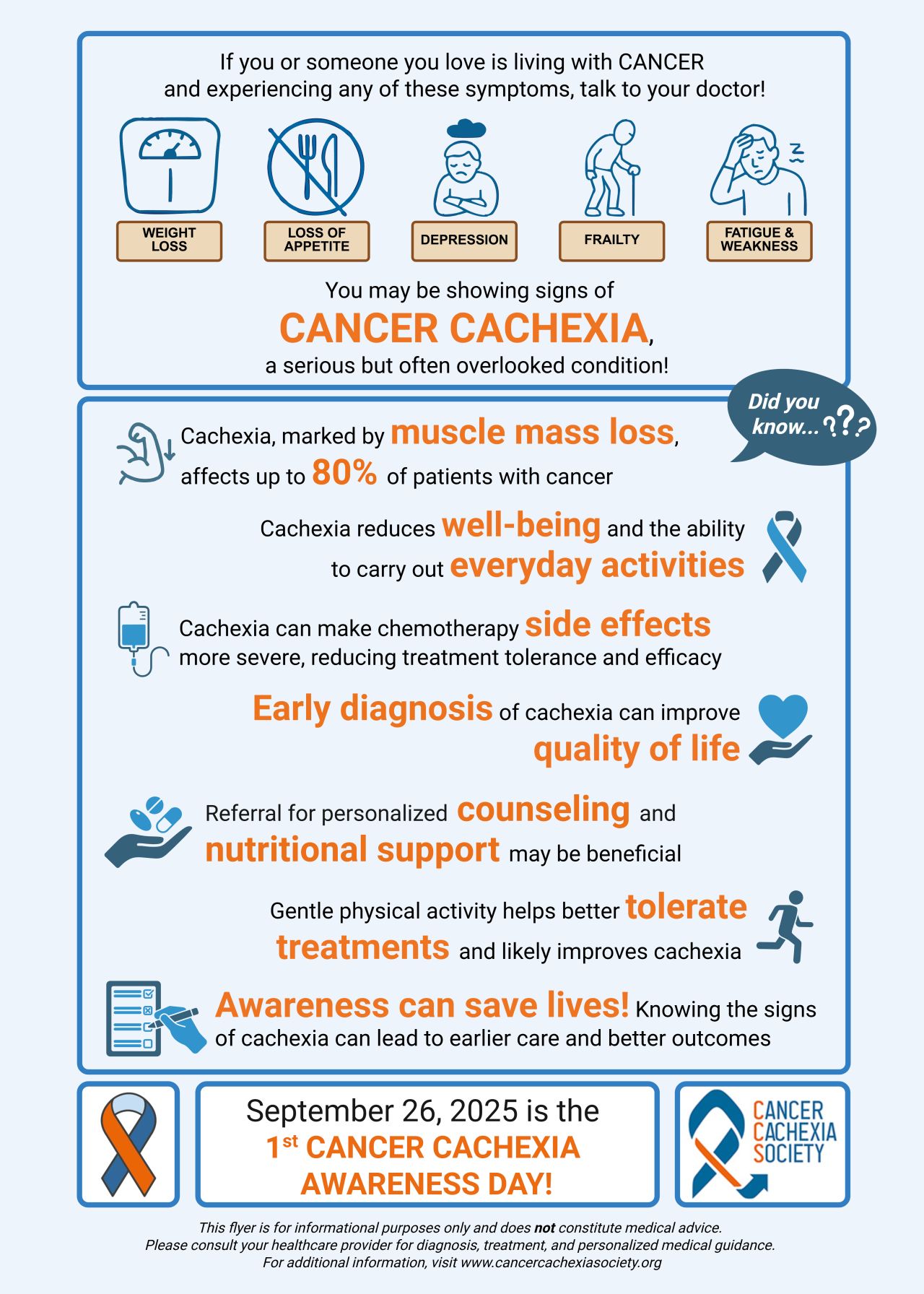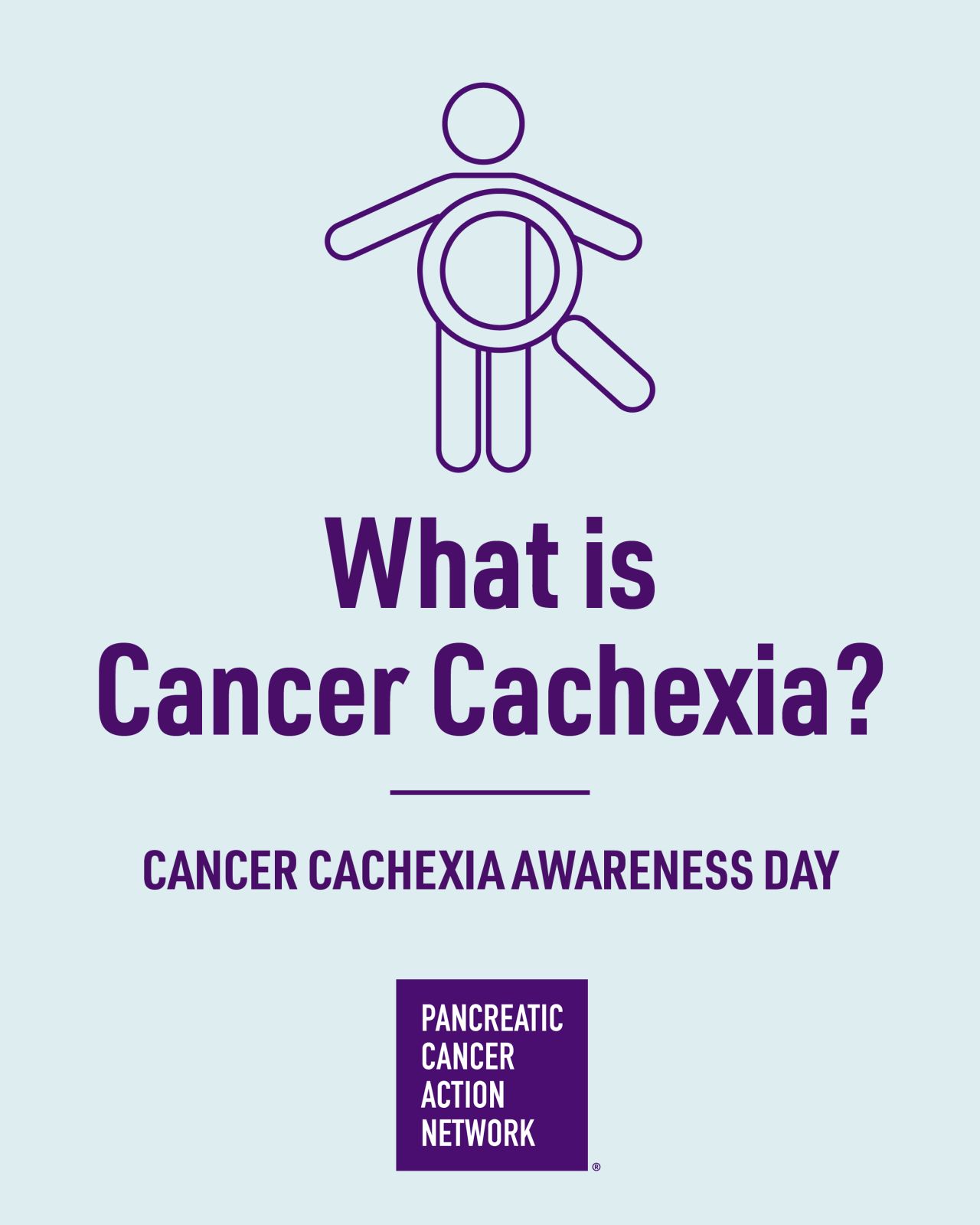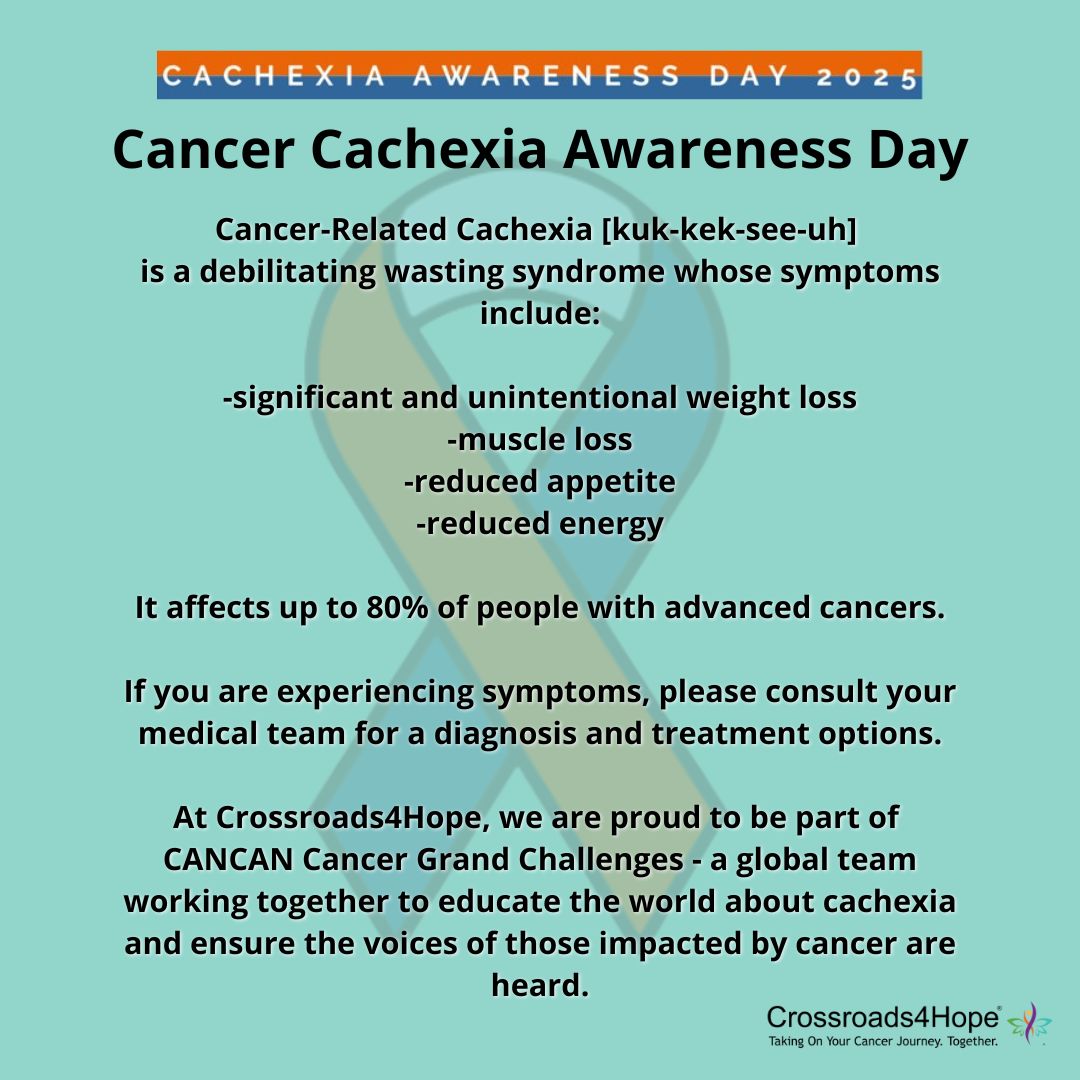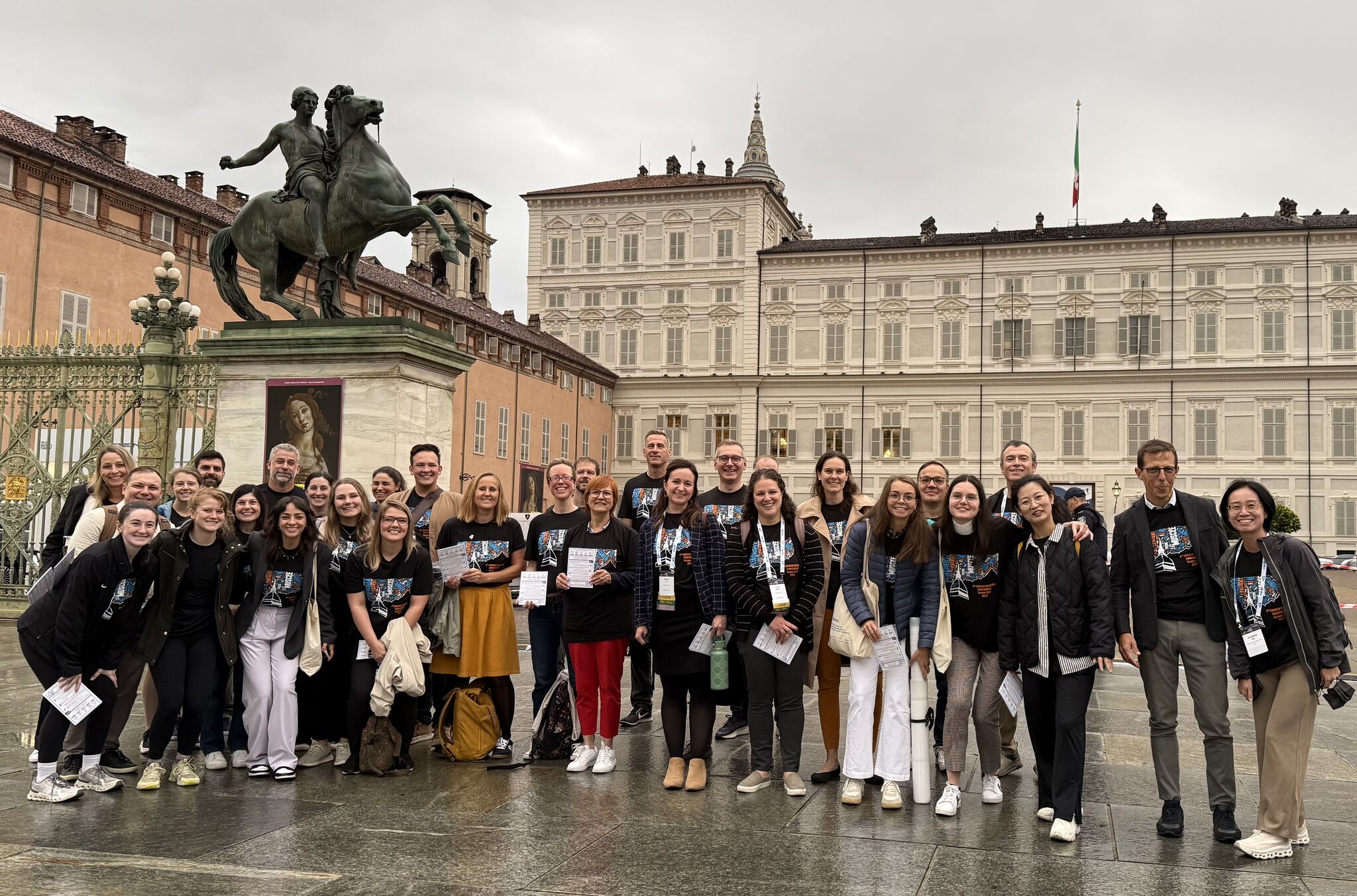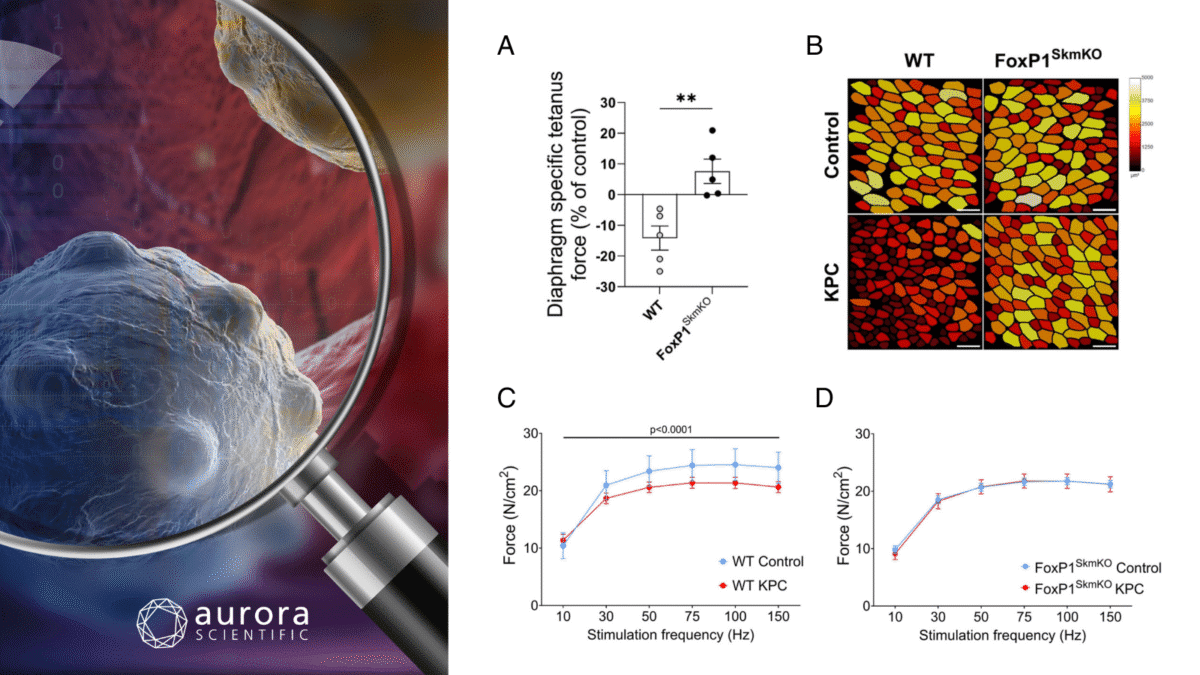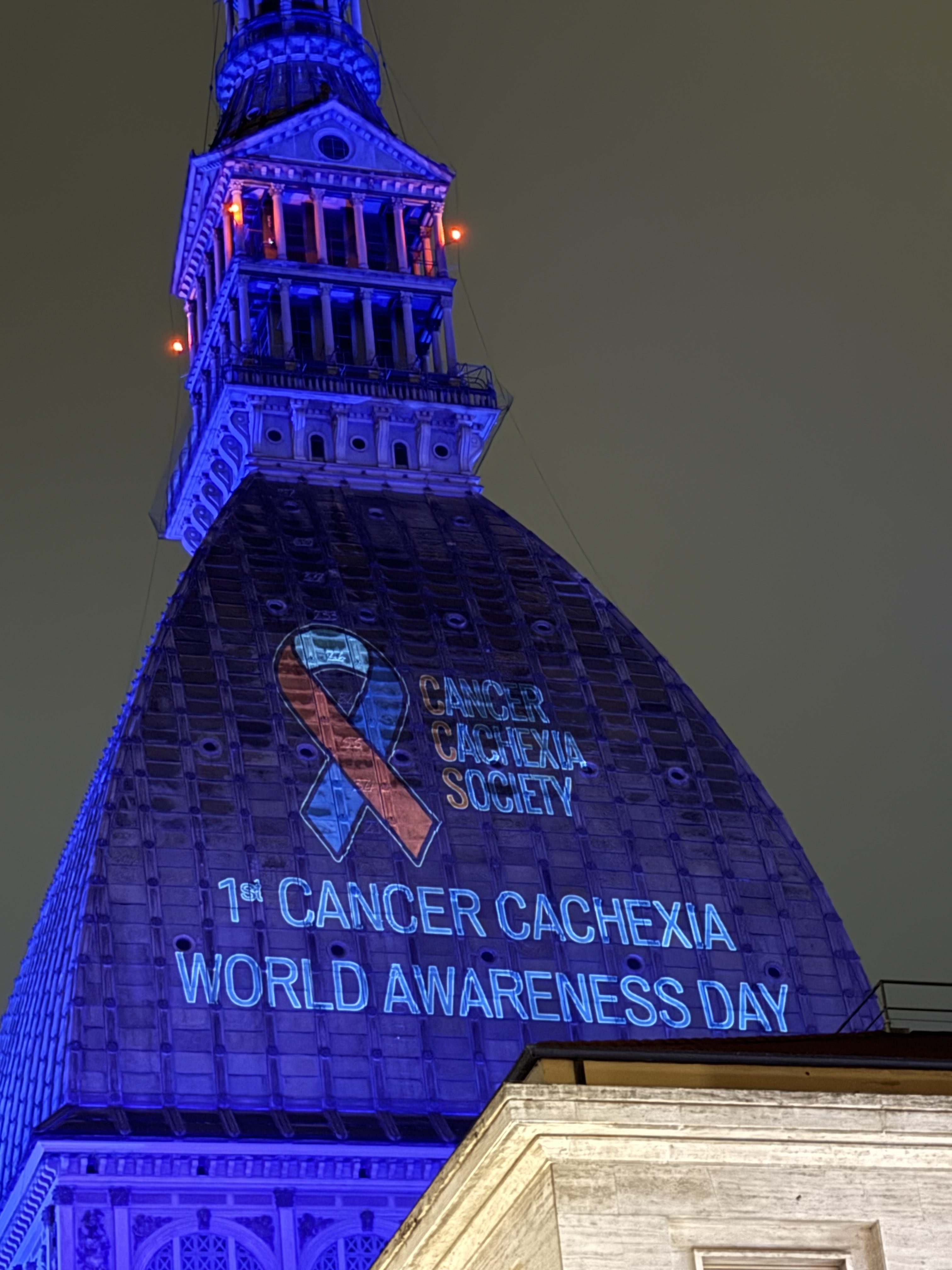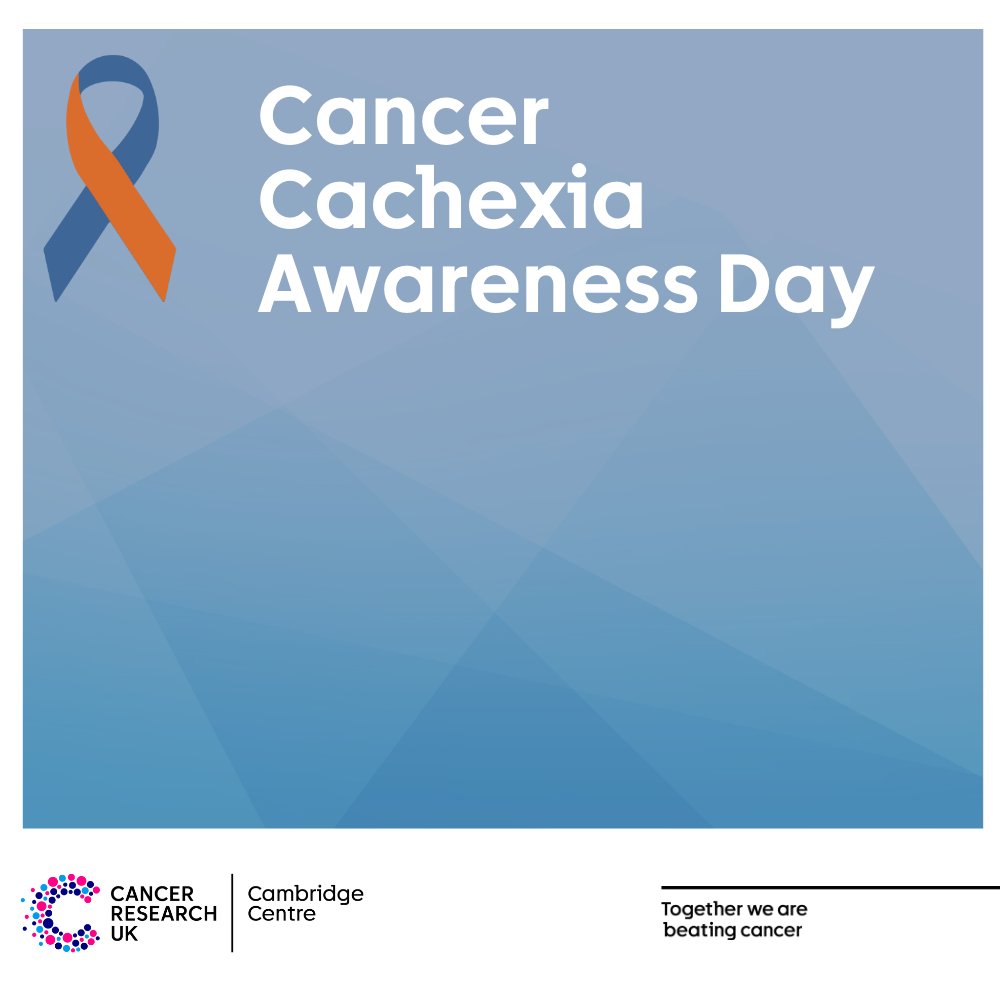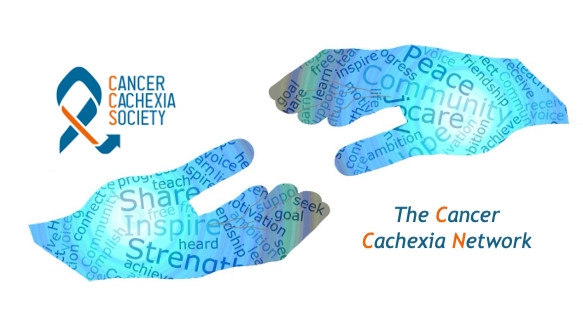Yesterday, on September 26, 2025, the world marked the first-ever World Cancer Cachexia Awareness Day, a milestone moment dedicated to a condition that has long remained in the shadows despite its profound impact on patients and families. For the first time, clinicians, researchers, patients, and advocates united on a single day to bring visibility to cancer cachexia, a syndrome that affects millions worldwide yet often goes underrecognised in both medical and public conversations.
What Is Cancer Cachexia?
Cancer cachexia is a complex metabolic syndrome marked by involuntary weight loss, skeletal muscle wasting, and profound weakness that cannot be reversed by nutritional support alone. Unlike simple malnutrition, cachexia is driven by a combination of metabolic alterations, systemic inflammation, and tumor-related factors that disrupt the body’s ability to maintain muscle and fat stores. It is estimated to affect up to 80% of patients with advanced cancer, particularly in malignancies such as pancreatic, gastric, lung, and head and neck cancers.
Beyond its physical manifestations, cachexia profoundly reduces patients’ tolerance to treatments like chemotherapy and immunotherapy, diminishes quality of life, and contributes to emotional and psychological distress for both patients and their families. Alarmingly, it accounts for up to 20% of all cancer-related deaths. Despite this staggering impact, cachexia has long been underrecognized and undertreated, often overlooked in clinical practice and underfunded in research.
The creation of a dedicated awareness day represents a much-needed step toward changing that reality.
Why This Awareness Day Matters
The launch of World Cancer Cachexia Awareness Day represents a turning point in global oncology. By giving cachexia a dedicated platform, the initiative aims to:
- Raise visibility of the condition among patients, caregivers, and healthcare providers.
- Foster research into the biological mechanisms and potential therapies.
- Highlight supportive care strategies that improve quality of life.
- Empower patients and families with education and advocacy resources.
Awareness is the first step toward progress, and for cachexia, that step has been long overdue.
Honoring the Researchers and Clinicians
This inaugural day was also an opportunity to acknowledge the scientists and clinicians who have devoted their careers to unraveling the biology of cachexia and improving supportive care. Their research has shed light on the inflammatory pathways, metabolic imbalances, and muscle biology underlying the syndrome, laying the foundation for new treatment strategies.
By spotlighting their contributions, World Cancer Cachexia Awareness Day underscored the importance of investing in research that directly improves patient comfort, dignity, and survival.
A Global Call to Action
The first observance was marked by oncology societies, patient groups, and research organizations around the world, who used conferences, webinars, and social media to amplify the message.
Conversations on X and LinkedIn highlighted efforts to raise awareness about cachexia, amplifying the perspectives of clinicians, researchers, patients, and families affected by its challenges.
OncoDaily joined this global dialogue, curating highlights from these platforms to ensure the stories and science reached a broader audience.
“Today, September 26th, is the first Cancer Cachexia Awareness Day!
Cachexia is a little-known but devastating condition that affects up to 80% of people with advanced cancer. It’s not just weight loss – it robs people of strength, energy, and the will to keep going.
That’s why six patient groups are uniting as part of Cancer Grand Challenges’ Team CANCAN to recognize this important day and raise awareness through our new carousel.
Swipe through to learn:
– What cachexia is
– The symptoms to look out for
– Who is at risk
– What can be done to help
There is reason for hope. Thanks to the $25m Cancer Grand Challenges award, Team CANCAN and the wider research community are working to unravel the biology of cachexia and develop the treatments people urgently need.
The first Cancer Cachexia Awareness Day has been created by the Cancer Cachexia Society – and we’re proud to stand with them to bring cachexia out of the shadows and closer to solutions.”
“As most of you know, my team is working for many years on the microbiome and how the microbiome can be leveraged to help improve quality of life and cachexia related to cancer.
Today is the 1st Cancer Cachexia Awareness Day worldwide !
Cancer cachexia is a debilitating metabolic condition characterized by whole-body tissue wasting and metabolic dysfunction caused by tumors. Cancer cachexia reduces quality of life and survival among people with cancer.
In Belgium, as in many other countries, prevalence of cachexia is high among patients with advanced cancer and underestimated by physician assessment (Rasschaert et al. Support Care Cancer 2024).
With this initiative from the Cancer Cachexia Society, we aim to increase awareness among patients, caregivers, and the general population. Please spread the word with your family, friends, and networks.
Education saves lifes !
More information on cancer cachexia here https://lnkd.in/ewY29c5U”
Pancreatic Cancer Action Network:
“Have you heard of cachexia? Most people haven’t, even though it impacts up to 80% of people living with advanced cancer, and almost 90% of people living with pancreatic cancer.
Sometimes known as wasting syndrome, cancer-related cachexia is the loss of 5% or more of body weight in six months. And it isn’t just weight from body fat. People with cancer cachexia lose muscle mass as well. They also typically experience fatigue, loss of appetite, taste changes and more. It impacts quality of life and can leave important treatments like surgery and chemotherapy out of reach for many people living with cancer.
On the first-ever Cancer Cachexia Awareness Day, we’re raising awareness about cancer cachexia and sharing steps patients and caregivers can take to better understand, manage and address this challenging condition.
http://pcan.at/oc1kxi ”
“Cancer Cachexia Awareness Day – September 26, 2025 💙
Cachexia, marked by severe muscle wasting, affects up to 80% of cancer patients yet often goes unnoticed. Early recognition and supportive care can make a huge difference in improving quality of life and treatment outcomes.
Turin will always be special to me – it’s the first city where I began my PhD journey, and one of my core research topics was muscle regeneration, wasting and cachexia. Seeing this condition both in the lab and in patients made me realize how urgent awareness truly is.
On this first Cancer Cachexia Awareness Day, I’m proud to add my voice to spread knowledge and support for those living with it. Awareness can save lives.
Learn more: https://lnkd.in/gCQWMkNq”
“On September 26th marks the first-ever Cancer Cachexia Awareness Day, highlighting a condition that is widespread, underrecognized, and devastating for patients and families.
What is cachexia?
Cachexia is a multifactorial metabolic syndrome characterized by involuntary weight loss, profound muscle wasting, inflammation, and energy imbalance. Unlike mere “malnutrition,” it involves complex signaling, systemic dysfunction, and resistance to conventional nutritional support.
Why it matters
-
Cachexia affects a large fraction of patients with advanced cancer- up to ~80% by some estimations.
- It is an independent predictor of mortality: patients with cachexia have significantly worse survival, even when controlling for tumor stage and comorbidities.
-
Because muscle mass and function are tightly linked to strength, independence, and resilience, muscle loss in cachexia accelerates frailty, treatment intolerance, and poor quality of life.
A call to action
On this day, we must do more than raise awareness.
We need to push for:
-
Earlier diagnosis & screening, not waiting until weight loss is obvious.
-
Better biomarkers and tools to detect muscle loss before irreversible decline.
-
Interventions & trials targeting muscle preservation in cancer care.
-
Knowledge translation – educating clinicians, patients, and caregivers about cachexia early
-
Cross-disciplinary partnerships (oncology, nutrition, rehabilitation, muscle biology)
Cachexia has too often been dismissed or seen as inevitable. But the science is evolving. Today, we recognize that cachexia deserves the same rigorous attention as cancer itself, not as a side effect, but as a treatable condition.
Let’s use this awareness day to accelerate research, change clinical practice, and give patients and families a stronger fighting chance.”
“September 26 is the first-ever Cancer Cachexia Awareness Day – a debilitating weakness and wasting of the body that affects 80% of people with advanced cancer.
At Crossroads4Hope, we are proud to be part of CANCAN Cancer Grand Challenges – a global team, including the Rutgers Cancer Institute, NYU Langone Health, and Cold Spring Harbor Laboratory – working together to educate the world about cachexia and ensure the voices of those impacted by cancer are heard.
Jenny Blythe PermuthJenny Blythe Permuth:
“Today is the 1st Cancer Cachexia Awareness Day worldwide.
Cancer cachexia is a debilitating metabolic condition characterized by whole-body tissue wasting and metabolic dysfunction caused by tumors. Cancer cachexia reduces quality of life and survival among people with cancer.
The Cancer Cachexia Society aims to increase awareness among patients, caregivers, and the general population. It has been an honor to come together with other scientists here in Torino to address this major cause of morbidity and mortality.”
“News of the day:
Up to 80% of advanced cancer patients develop cachexia – a syndrome of weight loss, muscle wasting, and loss of appetite.
Right now? No approved treatment but a lot of success in the field.
Artelo Biosciences, Inc. just reported positive Phase II results for ART27.13, a cannabinoid receptor agonist.
At 12 weeks:
Patients on the highest dose gained +6.38% weight
Placebo patients lost -5.42%
Activity:
Measured by wearables, patients on ART27.13 showed higher levels of moderate-to-vigorous exercise.
Safety?
Mostly tolerable, with a handful of mild side effects.
If approved, ART27.13 would be the first ever drug for cancer anorexia-cachexia syndrome (CACS) – a condition linked to 1 in 4 cancer deaths.
The field is emerging with Pfizer advancing ponsegromab , Vistagen is testing PH284.
Image: Alice Neel”
“Cancer cachexia stands as a relentless, treatment-resistant syndrome that devastates muscle and metabolism. Our September publication review flexes new insights into the condition.
Read it now:
https://aurorascientific.com/flexing-new-insights-in-cancer-cachexia/”
“September 26 was Cancer Cachexia Awareness Day. In Japan as well, we want to shift from cachexia = terminal stage to early detection and comprehensive management of cachexia.
The Japanese Society for Cachexia and Sarcopenia will hold a Web mini-seminar on December 8 (Monday). Details and registration will be posted on the website later.
Cancer Research UK Cambridge Centre:
“Today is the first ever Cancer Cachexia Awareness Day!
Cachexia is a wasting syndrome that causes people with cancer to lose weight & muscle even when eating normally. Find out more on the.
Cancer Research UK Cambridge Centre website https://zurl.co/kxTa3”
Looking Ahead
The establishment of World Cancer Cachexia Awareness Day is more than a symbolic gesture, it is a commitment to address a critical and underserved aspect of cancer care. In the years ahead, the hope is that this day will fuel international collaboration, stimulate research funding, and inspire greater clinical focus on cachexia prevention, early detection, and management.
For patients and families, it represents recognition, solidarity, and the promise that their struggle is finally being seen.
By inaugurating World Cancer Cachexia Awareness Day on September 26, 2025, the global oncology community has not only named the problem but also pledged to confront it. Cachexia is one of cancer’s most devastating companions, but with awareness, research, and compassion, progress is within reach.
Learn more about cancer cachexia on The Cancer Cachexia Network official website.
Explore more articles featuring cancer cachexia on Oncodaily website.
Written by Sergey Badalyan, MD
